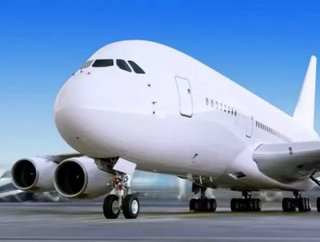IATA's February results show modest demand improvement

Air Cargo rates rose by two percent in February compared to the previous year, despite ‘severely skewed’ results due to differences in the calendar.
Last year, the month of February had an extra day due to the leap year, in addition to being impacted by Chinese New Year (which fell in January 2012 and February 2013)which is accompanies by many factory closings in Asia. Before the adjustment for these abnormalities, freight performance demonstrated a decline of just over six percent.
IATA expect the growth to pick up moderately throughout 2012, however IATA’s Director General and CEO, Tony Tyler, stressed that improvements cannot be taken for granted.
“February’s air cargo performance has sustained the weak recovery that began in the fourth quarter of 2012. This is welcome news after two consecutive years of contraction. It is even better news that this growth is expected to pick up moderately as the year progresses. But improvements cannot be taken for granted,” he said.
Eurozone challenge
Tyler highlighted the importance of the Eurozone Crisis on future International Air freight rates, in addition to mentioning the rising competition posed by sea freight.
“Events in Cyprus have reminded us that the Eurozone crisis is far from over. Any resulting loss of business confidence could shift the outlook for the worse…
“Demand for sea shipments already reflects the recovery in some parts of the world. But we are not yet seeing the positive impact of this in air cargo markets. While it remains to be seen if this is a long-term modal shift, it is clear that sea shipping is becoming a stronger competitor to air cargo,” said Tyler.
Technological Change
Tyler highlighted the importance of making e-freight a reality through strategies like the 100 percent e-Air Waybill (e-AWB) utilisation by 2015, which he claims will ‘boost the competitiveness of air cargo’.
“More efficient connectivity in turn will foster economic growth. The industry is united in its efforts to modernize business practices. But we need governments, regulators and customs authorities on board too. The e-Freight system cannot happen while regulators insist on seeing paper copies of documents,” said Tyler.






